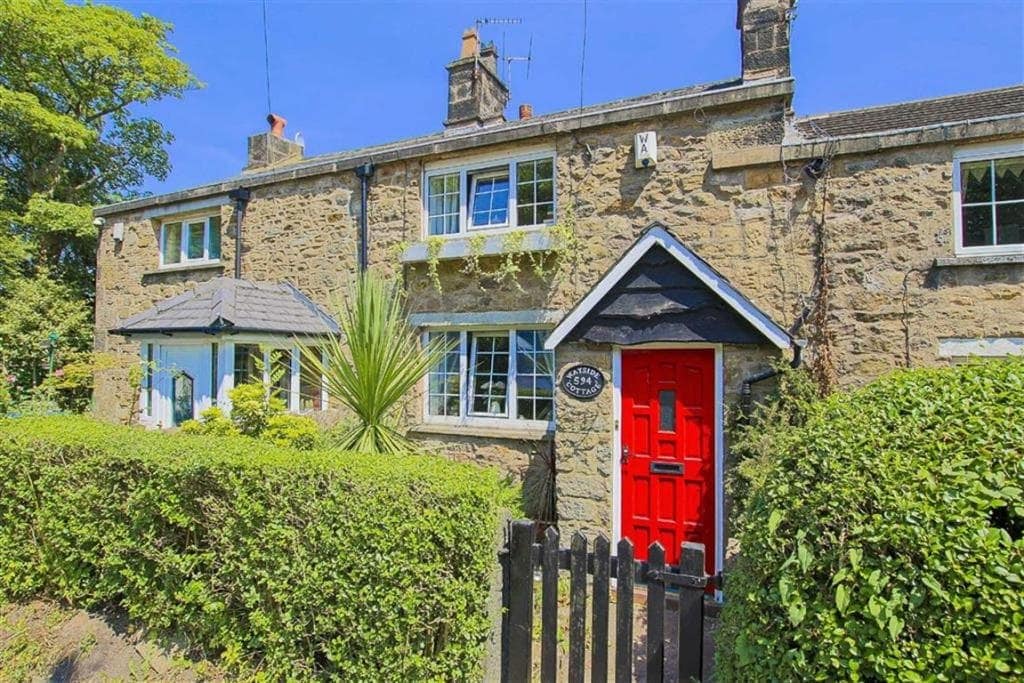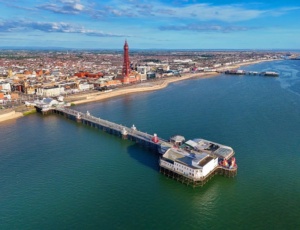What can you afford as a first-time buyer?
If you’re a first-time buyer excited to get your foot on the property ladder, it’s natural to wonder where to start.
The first big question you will need to ask yourself is how much you can actually afford to spend on your first home.
Buying a property is a big step and a long-term financial commitment, so you will need to consider the assets you have – like savings – as well as the money that’s coming in and going out.
Importantly, you’ll need to work out how much you can borrow.
How do lenders decide how much they will lend you?
Every lender has different ways of making their calculations and deciding how much they’re prepared to lend you, or even whether they will lend to you at all.
They will all consider factors like your income, the size of your deposit, your regular expenditure, and your credit rating. If you’re in a couple and are making a joint application, these will be considered for both of you.
Banks usually require a deposit of around 10 to 15% of the property price, and the higher percentage a deposit you can save up, the more likely it is that you will get your mortgage approved, and the better rate you will be offered.
How do you know what you can afford?
A good place to start is to place your gross annual income (before taxes) and the amount you have saved up for a deposit into a mortgage calculator, which can be found here.
This will give you an estimate of the value of the mortgage you’ll be offered, and what you can expect to pay monthly.
Let’s use an example: if you’re buying by yourself and have an annual gross income of £30,000 and a deposit of £15,000, you might be offered a mortgage of somewhere between £96,000 to £135,000.
This would equate to monthly repayments of around £510 to £710 per month – based on an annual rate of 3.90% over 25 years – and would mean you could afford a property in the range of £111,000 to £150,000.
In this example, your deposit of £15,000 represents 10% to 13.5% of the property price, or an LTV (loan to value) of 86.5% to 90%.
What other financial factors should I consider?
There are other expenses that you should take into account when working out what you can afford.
Stamp duty
This was actually scrapped for most first-time buyers in November 2017 as part of a government incentive to help more people get on the property ladder.
But there are a few caveats. In order to qualify for first-time buyers’ stamp duty relief, the following conditions must be met:
- You, and everyone you’re buying with, must have never owned, or even partially owned, a residential property anywhere in the world. Whether it was bought or inherited.
- You must be buying a property in England or Northern Ireland. The rules are different in Scotland and Wales – you’ll pay land and buildings transactions tax in Scotland and land transaction tax in Wales.
There’s no first-time buyer relief in Wales, but if you’re buying your first property in Scotland your zero-tax threshold will be raised from £145,000 to £175,000.
- You must be buying the property to use as your main residence.
- The purchase price of the property must be less than £500,000. You’ll pay zero stamp duty on the value of up to £300,000, and 5% on anything above that up to £500,000.
Other expenses
When you get a mortgage, the lender will require that you take out buildings insurance to cover the property.
You should also factor in the cost of moving from your current home, estate agency fees, solicitor’s fees, potentially paying for a surveyor, and charges associated with getting a mortgage, such as arrangement and mortgage advisor fees.
These additional costs may seem like nothing compared with a deposit and mortgage repayments, but they soon add up.
Finally, when you’re working out what you can afford remember that the unexpected can happen and things can go wrong. So, it’s a good idea not to push yourself to your spending limit.
We’re hosting a live Q&A for first-time buyers this week. Places are limited, so register now.
For more information on top tips for first-time buyers, visit our advice section here.



